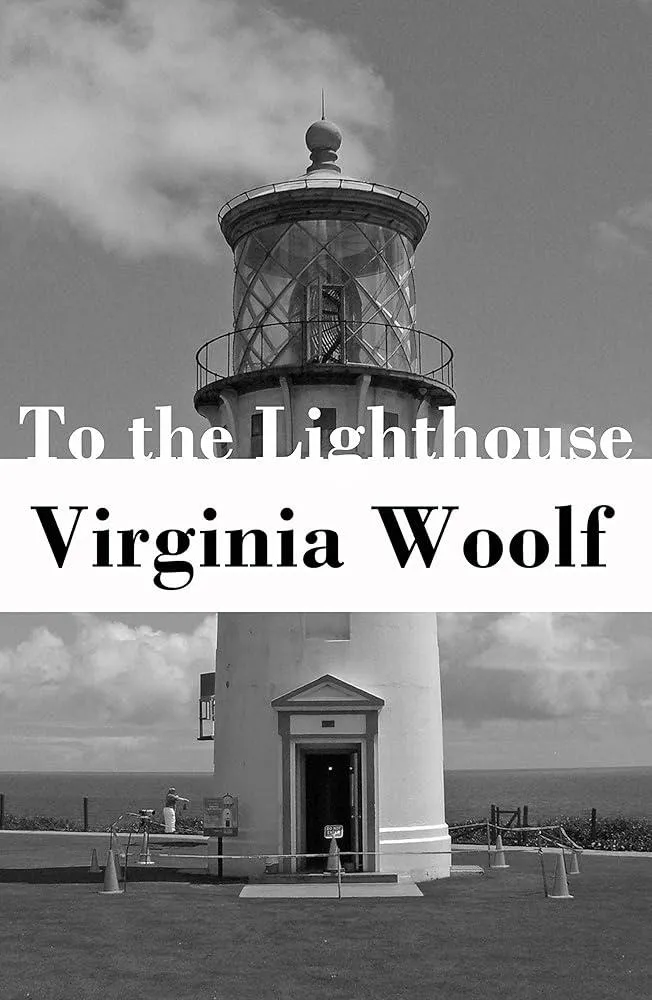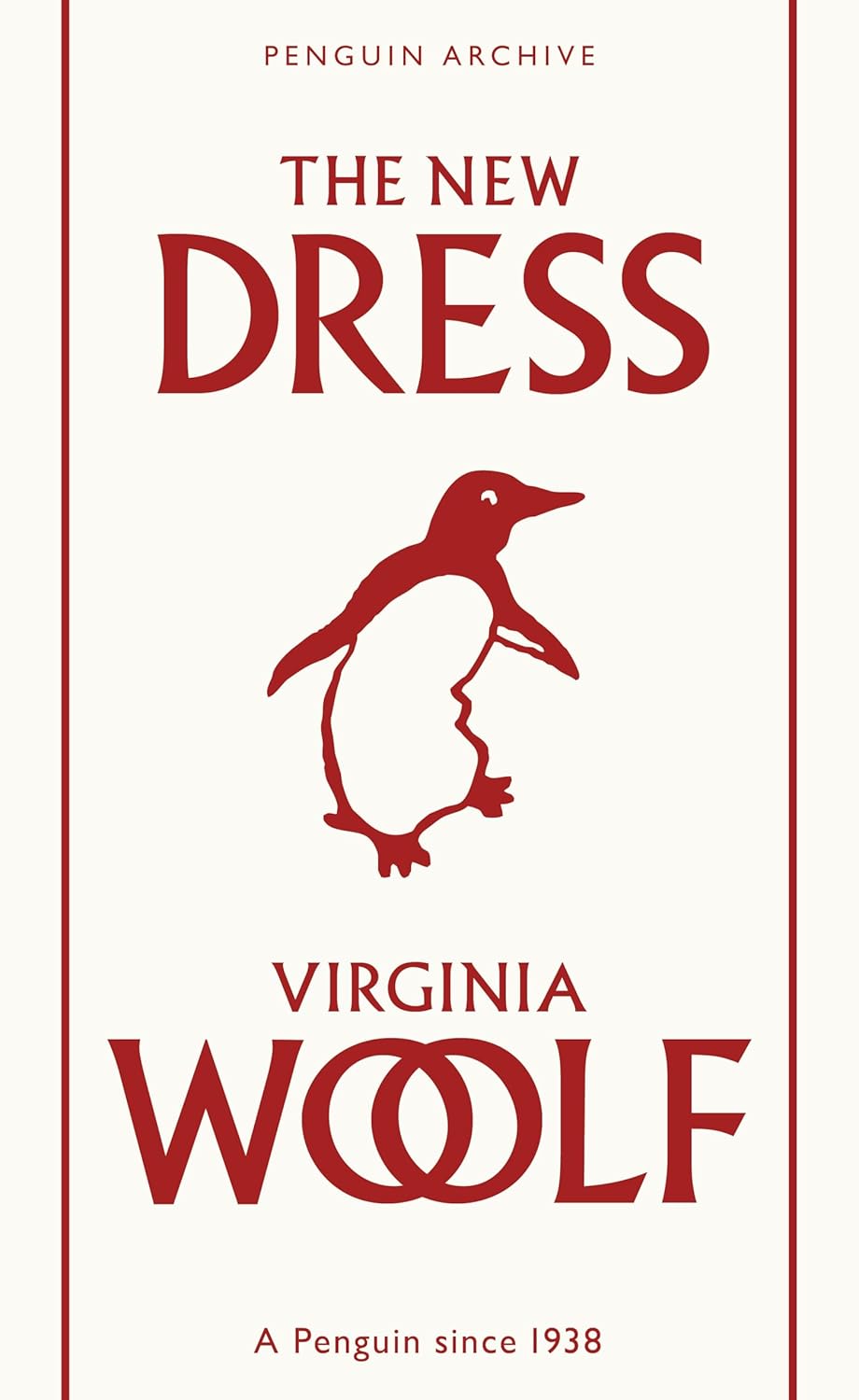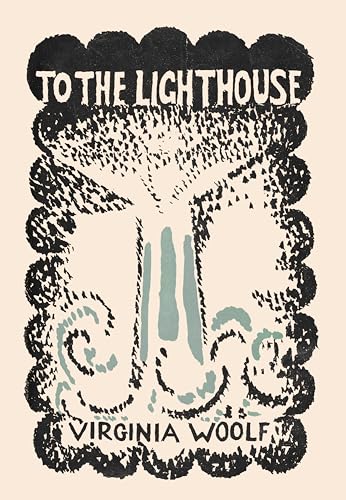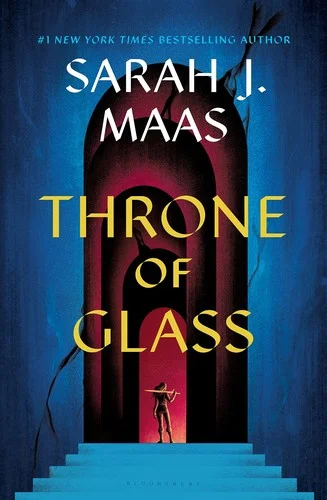Virginia Woolf’s classic modernist novel, To the Lighthouse, draws from her own life and experiences. Hailed as one of the greatest works of modernist fiction, Virginia Woolf’s semi-autobiographical novel about the Ramsay family explores the themes of perspective, interpersonal relationships, and the complexity of human experience. Woolf’s use of shifting points of view in the narrative highlights how each person sees and experiences events in their own way. As conflict and grief impact the Ramsays throughout their time on Scotland’s Isle of Skye, the reader is pulled into Woolf’s own life.
Virginia Woolf
Virginia Woolf was a prominent English writer and modernist literary figure. Known for her stream-of-consciousness writing style, she challenged traditional narrative structures and explored themes of gender, class, and mental health in her works. Some of her most notable works include "Mrs. Dalloway," "To the Lighthouse," and "Orlando." Woolf's contributions to literature include her innovative approach to character development and narrative technique, as well as her exploration of the inner lives of her characters. Her most famous work, "Mrs. Dalloway," is considered a masterpiece of modernist literature and a reflection of Woolf's unique literary voice. Woolf's impact on the literary genre is undeniable, as she paved the way for future generations of writers to experiment with form and style in their own works.









